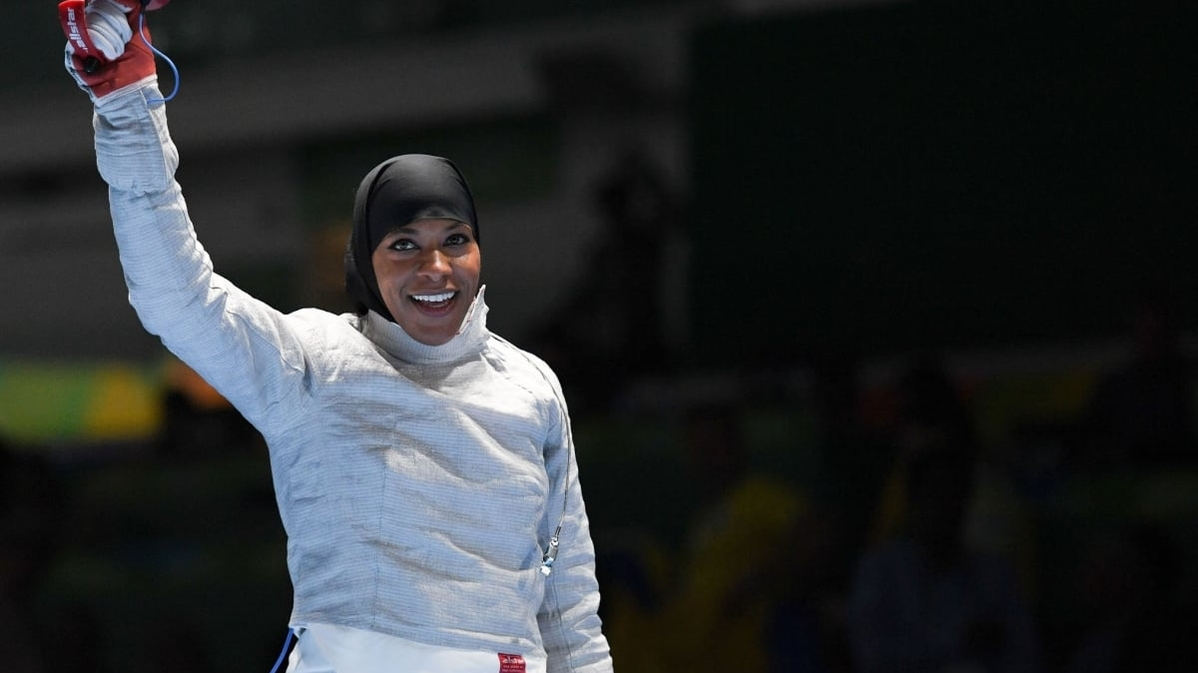In a recent development surrounding the Paris 2024 Olympic Games, the International Olympic Committee (IOC) has asserted that participants in the event are permitted to wear a headscarf known as a hijab within the confines of the athletes’ village. This decision comes just days after France’s Sports Minister, Amelie Oudea-Castera, imposed a ban on the hijab for the host country’s athletes during the Games.
However, it’s essential to note that while the IOC has removed hijab restrictions within the Olympic Village, French athletes remain subject to the regulations stipulated by their respective sports federations. Consequently, they are not allowed to wear hijabs while competing in the Games.
An IOC spokesperson emphasized that within the Olympic Village, the organization’s rules take precedence. “There are no restrictions on wearing the hijab or any other religious or cultural attire,” the spokesperson stated in response to inquiries from Reuters news agency.
The Olympic Village serves as the temporary home to a significant portion of the approximately 10,000 athletes who participate in the Olympic Games. It is a place where athletes share communal spaces, including dining halls and recreational facilities.
It is crucial to clarify that the actual sports competitions at the Olympics are organized and overseen by individual international sports federations, each of which may have its own set of regulations.
The recent controversy over hijabs in the Paris Olympics began when French Sports Minister Amelie Oudea-Castera declared that the country’s athletes would be prohibited from wearing hijabs during the Games as a means of upholding the principle of secularism.
During an interview with France 3 television, Oudea-Castera explained that the government’s stance was rooted in the desire to maintain “absolute neutrality in public services” and, thus, restrict the display of religious symbols during sporting events.
France has long upheld a strict form of secularism, and this has been enforced through various laws that have targeted its Muslim community. One such measure, announced in August, banned the wearing of the abaya in schools, leading to the exclusion of dozens of girls who chose to wear it.
In January of the previous year, French senators voted in favor of banning hijabs in sports competitions. In July of the current year, a top French court upheld a ban on hijabs during football competitions, drawing the ire of hijab-wearing French footballers who have been advocating for inclusivity on the pitch through their collective called “Les Hijabeuses.”
Despite being home to one of Europe’s largest Muslim minorities, France stands alone on the continent in its exclusion of hijab-wearing athletes from most domestic sports competitions. This stance has drawn criticism from Muslim associations and human rights groups, who argue that such laws have eroded democratic protections and left Muslims vulnerable to abuse.
The United Nations human rights office also voiced its disapproval of the French decision to prohibit its athletes from wearing hijabs. UN rights office spokesperson Marta Hurtado emphasized, “No one should impose on a woman what she needs to wear or not wear.” This sentiment underscores the broader debate surrounding individual freedom, religious expression, and the role of government in regulating attire in sports.
In 2016, Ibtihaj Muhammad made history by becoming the first United States team member to compete in the Olympics while wearing a hijab. Her participation highlighted the evolving discourse on religious freedom and diversity within the international sporting community.


